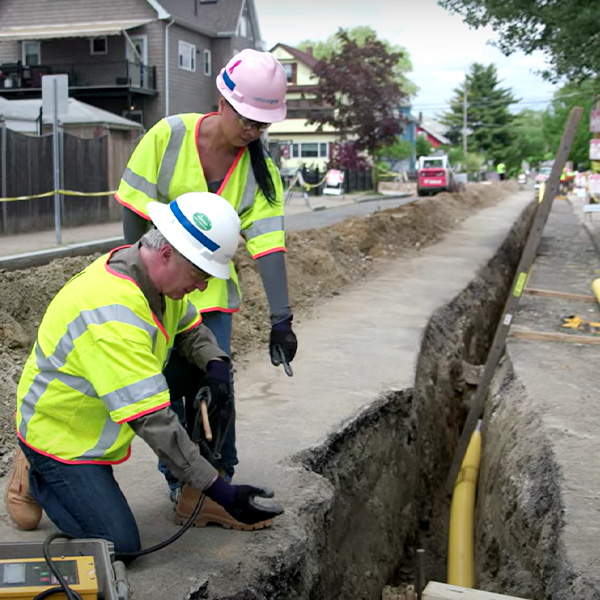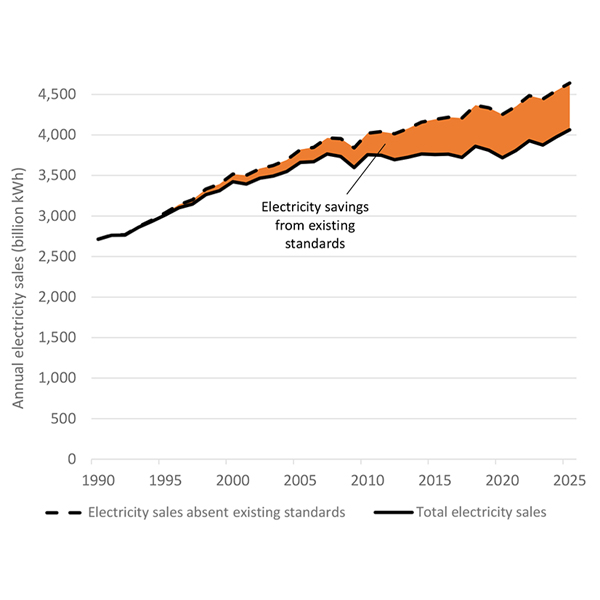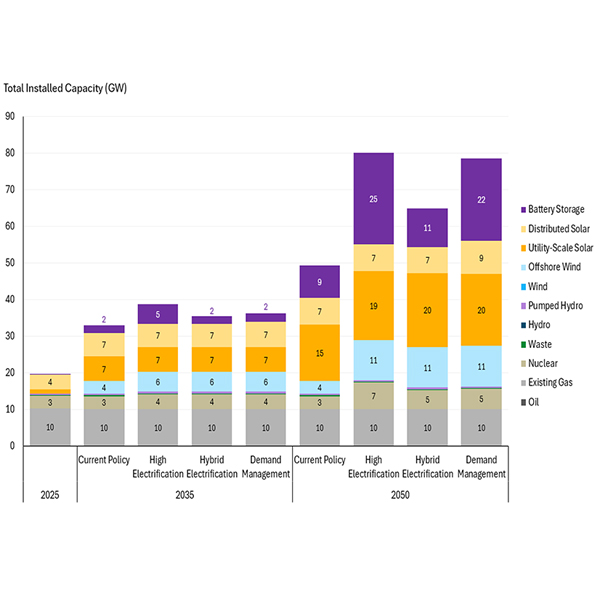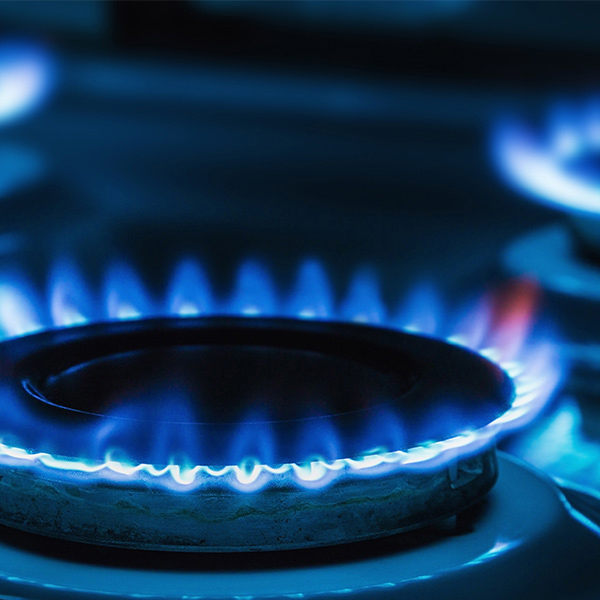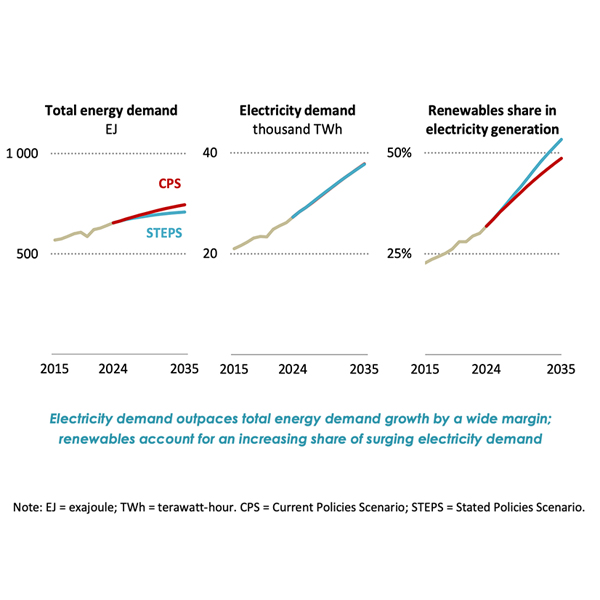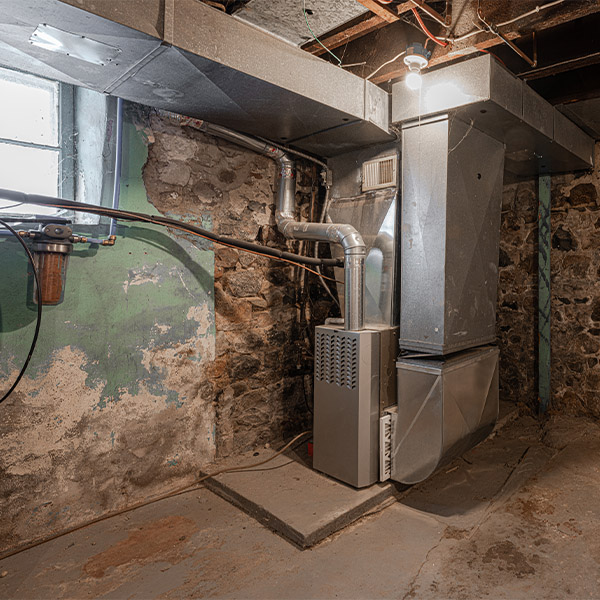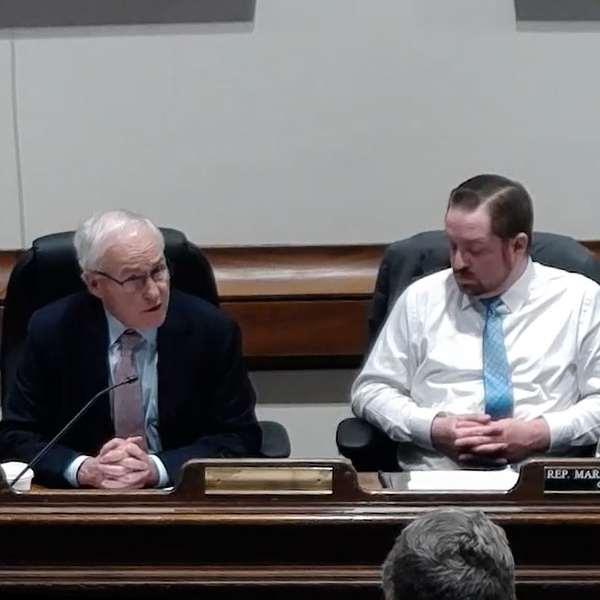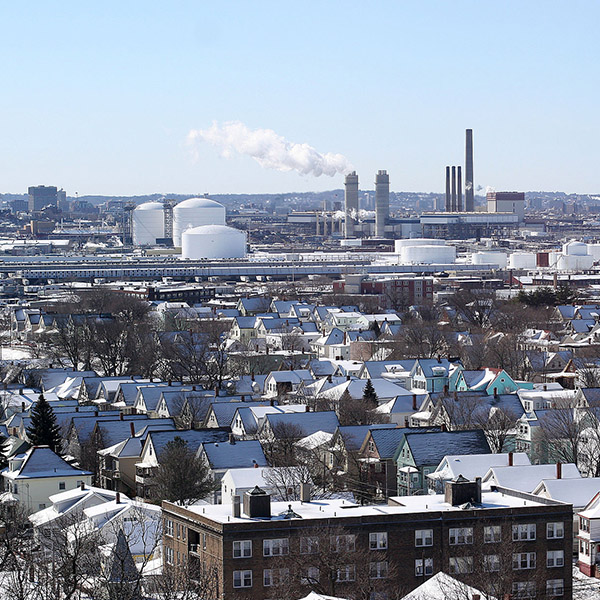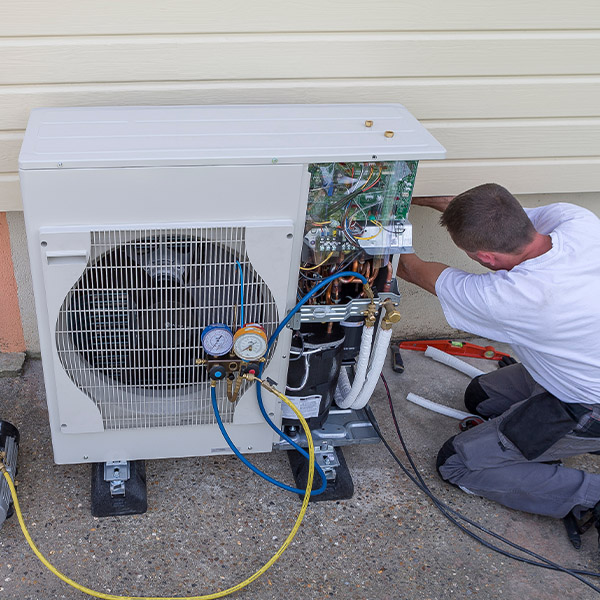Building Decarbonization
In Massachusetts, a state with some of the most ambitious decarbonization policies in the country, fundamental disagreements between utilities and consumer advocates threaten to derail the transition from natural gas before it even gets off the ground.
The average U.S. consumer would have spent $6,000 more on utility bills over the past decade without national efficiency standards for appliances, according to a report from the Appliance Standards Awareness Project.
New Jersey should continue to pursue a strategy of heavy reliance on clean energy to head off the state’s looming energy shortage, with no increase in natural gas generation, says outgoing Gov. Phil Murphy.
The California PUC approved a request to cancel Pacific Gas and Electric’s contract with California State University, Monterey Bay to convert hundreds of the university’s residential units from gas and electric service to all-electric service.
Attorneys for the state of New York agreed in a federal court filing to delay the implementation of the All-Electric Buildings Act.
IEA released its 2025 World Energy Outlook, which shows the growing importance of electricity as residents start to adopt air conditioning and data centers and other large loads drive demand growth in rich countries.
The D.C. Circuit Court of Appeals upheld the Department of Energy’s efficiency standard for natural gas furnaces and water heaters against appeals from gas trade associations.
A coalition of municipal officials and climate advocates in Massachusetts are renewing a push for the expansion of a state program allowing a select number of municipalities to ban fossil fuel hookups in new building construction and renovation projects.
A relatively small project aiming to increase gas pipeline capacity into New England is raising larger underlying questions about how the region will balance gas reliability and affordability with longer-term efforts to transition away from natural gas.
Maryland residents can benefit from the rollout of heat pumps the most by targeting state funds for low-income customers, according to a report released by the Sierra Club’s Maryland Chapter and the Center for Progressive Reform.
Want more? Advanced Search
